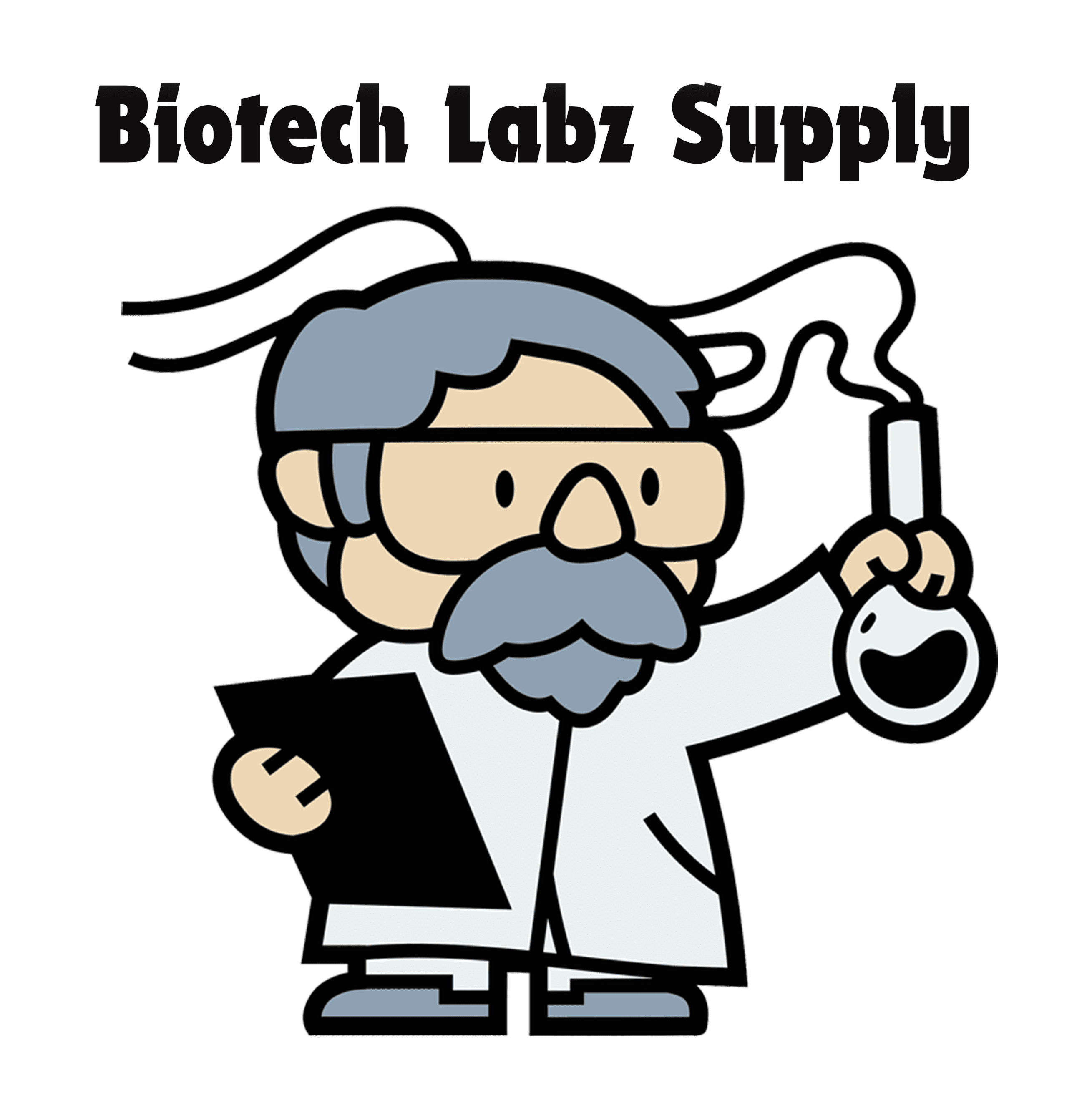Disclaimer: All of our peptide products are intended for research purposes only and are not for human consumption. Purchasing our products for personal use is illegal.
Glutathione (GSH, /ˌɡluːtəˈθaɪoʊn/) is an organic compound with the chemical formula HOCOCH(NH2)CH2CH2CONHCH(CH2SH)CONHCH2COOH. It is an antioxidant found in plants, animals, fungi, and some bacteria and archaea. Glutathione can prevent damage to important cellular components caused by sources such as reactive oxygen species, free radicals, peroxides, lipid peroxides, and heavy metals. It is a tripeptide with a gamma peptide linkage between the carboxyl group of the glutamate side chain and cysteine. The carboxyl group of the cysteine residue is attached by a normal peptide to glycine. Glutathione is produced in body through enzymatic reactions using the amino acids cysteine, L-glutamic acid, and glycine. It helps repair cells damaged by pollution, stress, and other influences and is undeniably important. Mice unable to form glutathione will die before birth.
Glutath is an antioxidant that can have many benefits, including:
oxification
Helps the body remove toxins by neutralizing free radicals and increasing the metabolism of toxins in the liver.
Immune system
Helps activate immune system cells to fight infections and cancer.
Anti-aging
Reduces oxidative damage caused by aging, which can help keep cells healthy and delay signs of aging.
Skin health
Reduces oxidative damage to the skin, which can improve skin tone and texture.
Exercise performance
Neutralizes free radicals formed during exercise, which can improve exercise performance and reduce muscle fatigue.
Heart health
Reduces the harmful effects of stress that can cause heart disease.
Brain health
Helps keep brain cells healthy and may help prevent brain diseases such as Alzheimer’s disease.
Weight loss
Some research suggests that glutathione may help with weight loss.
Oxidative stress
Reduces oxidative stress, which is associated with a range of serious conditions, including asthma and inflammation.
Submit your review | |



